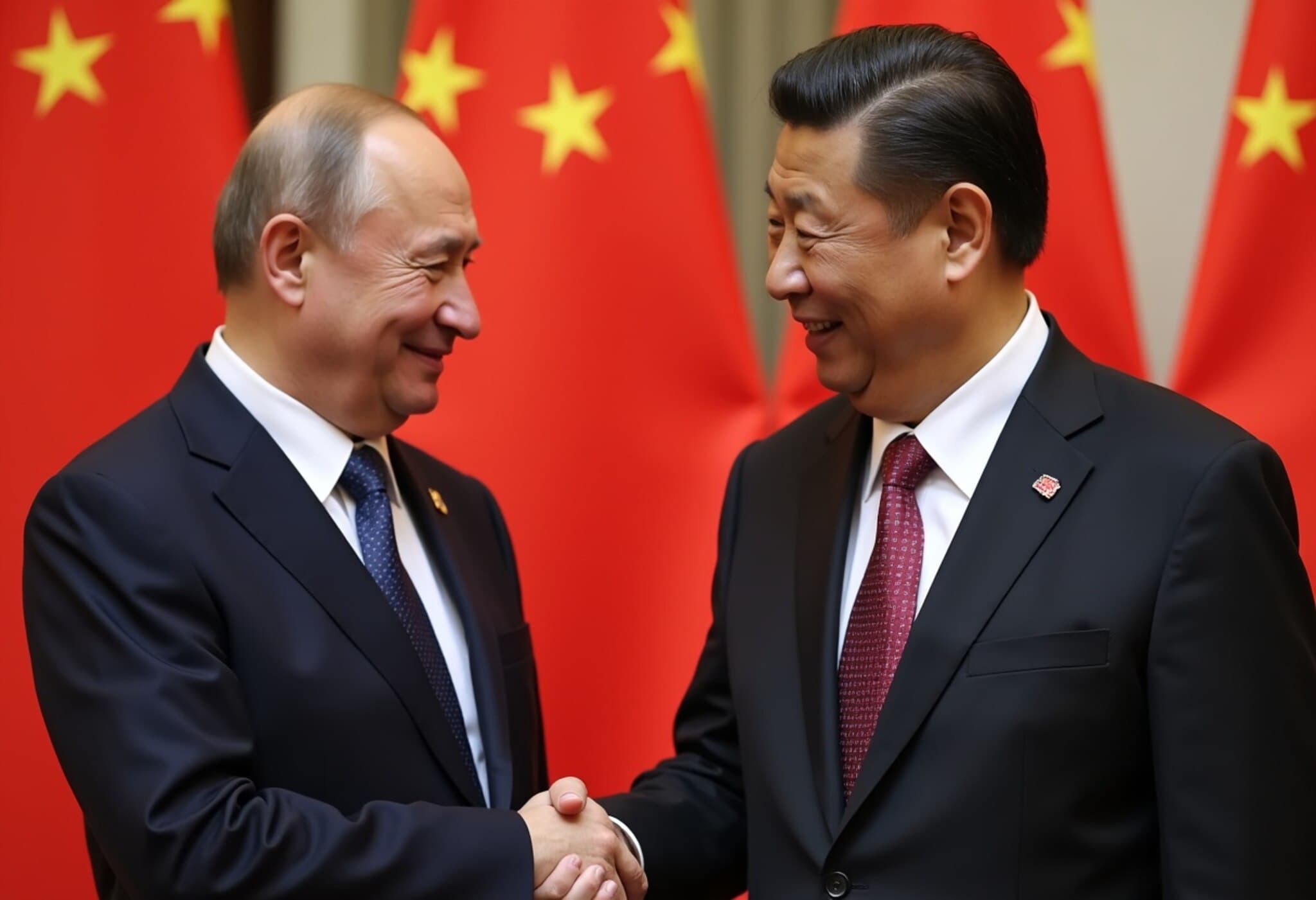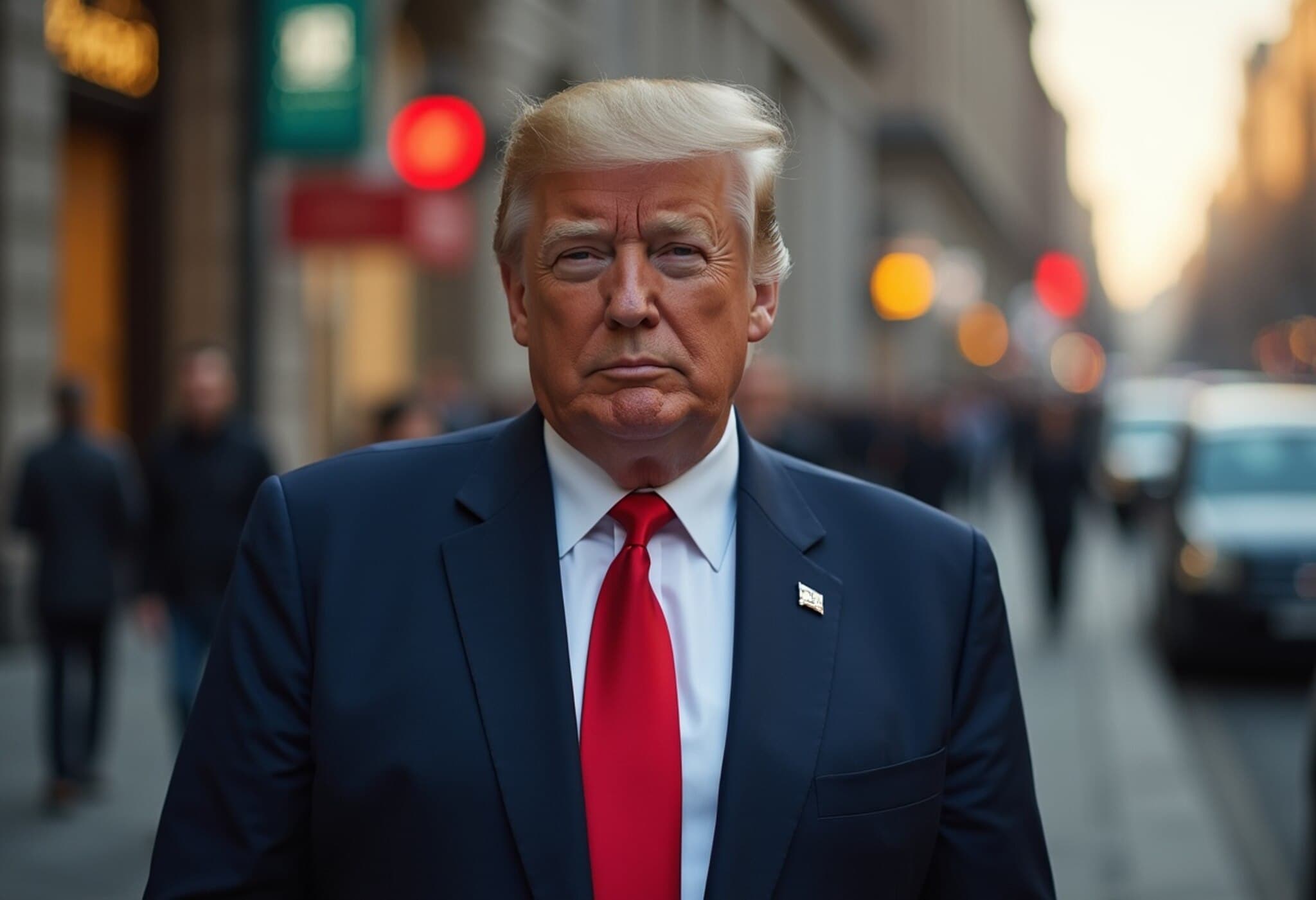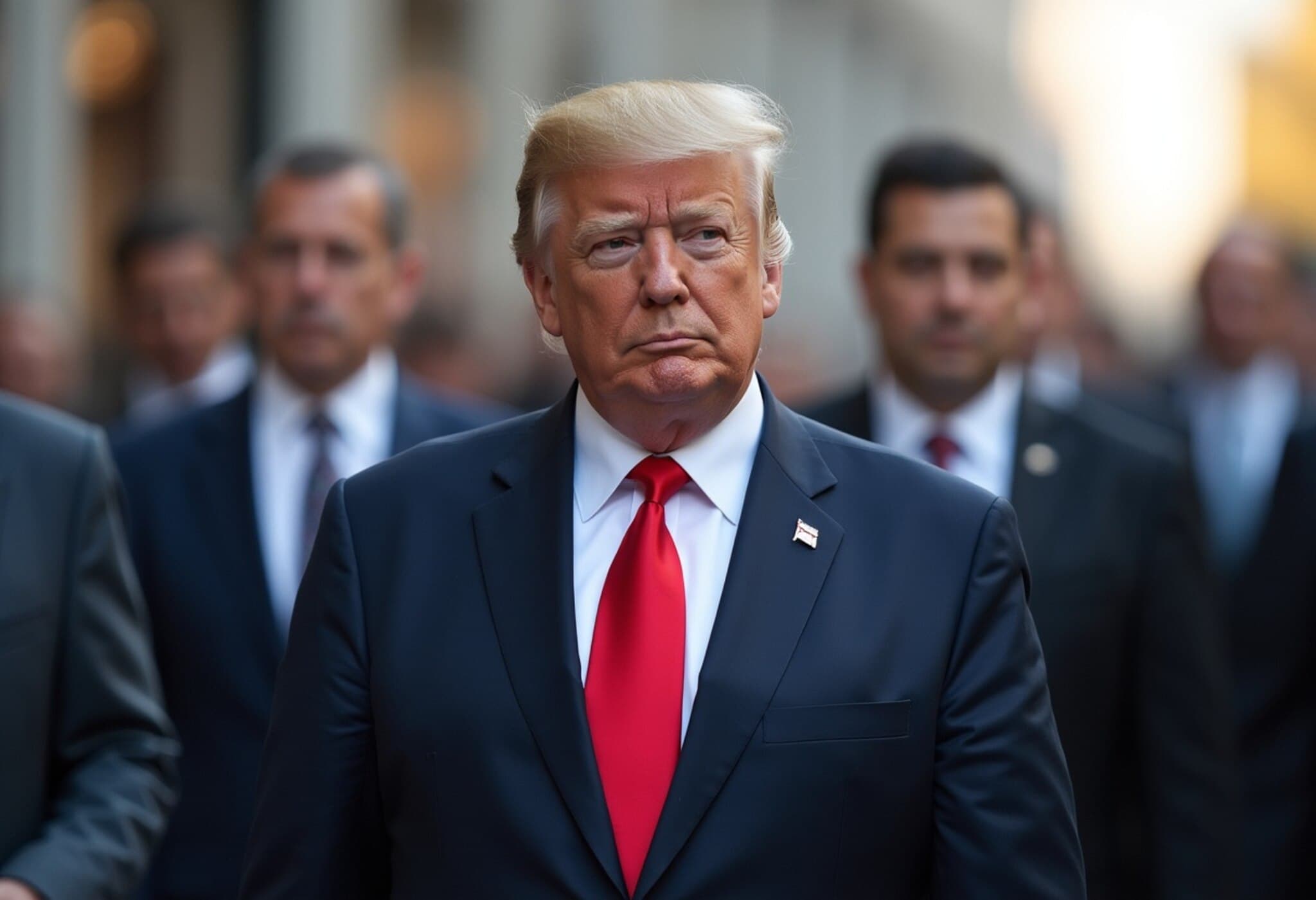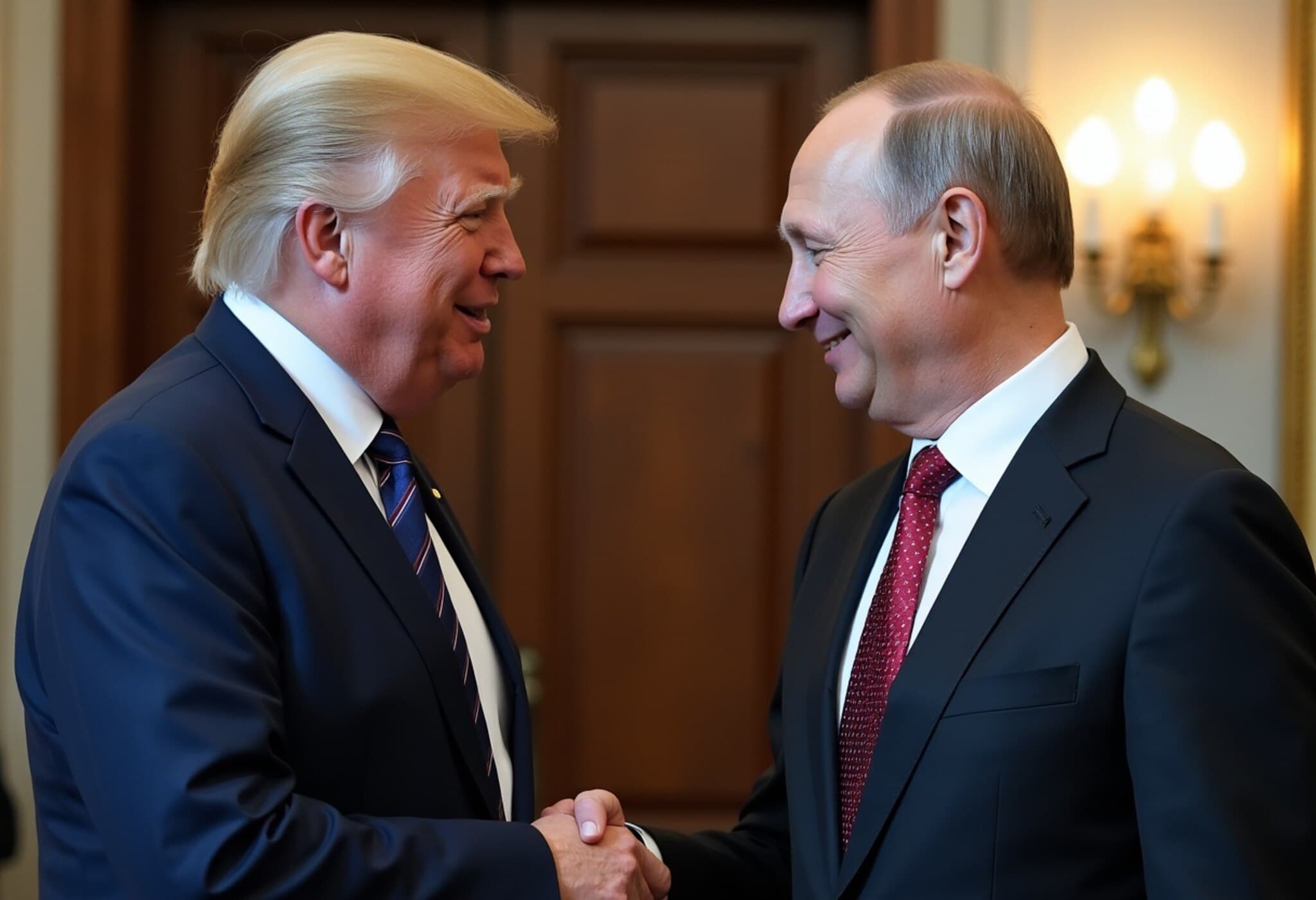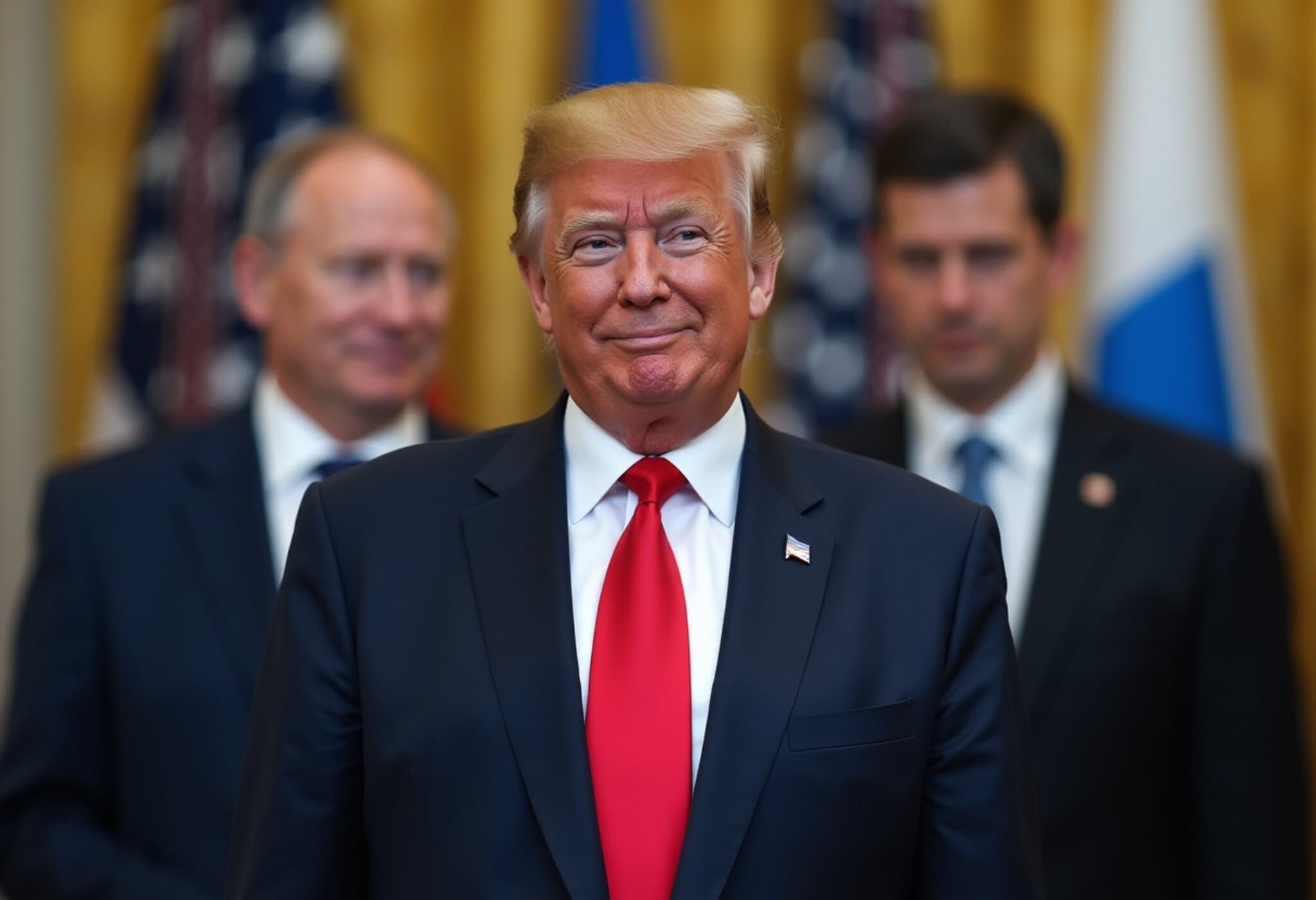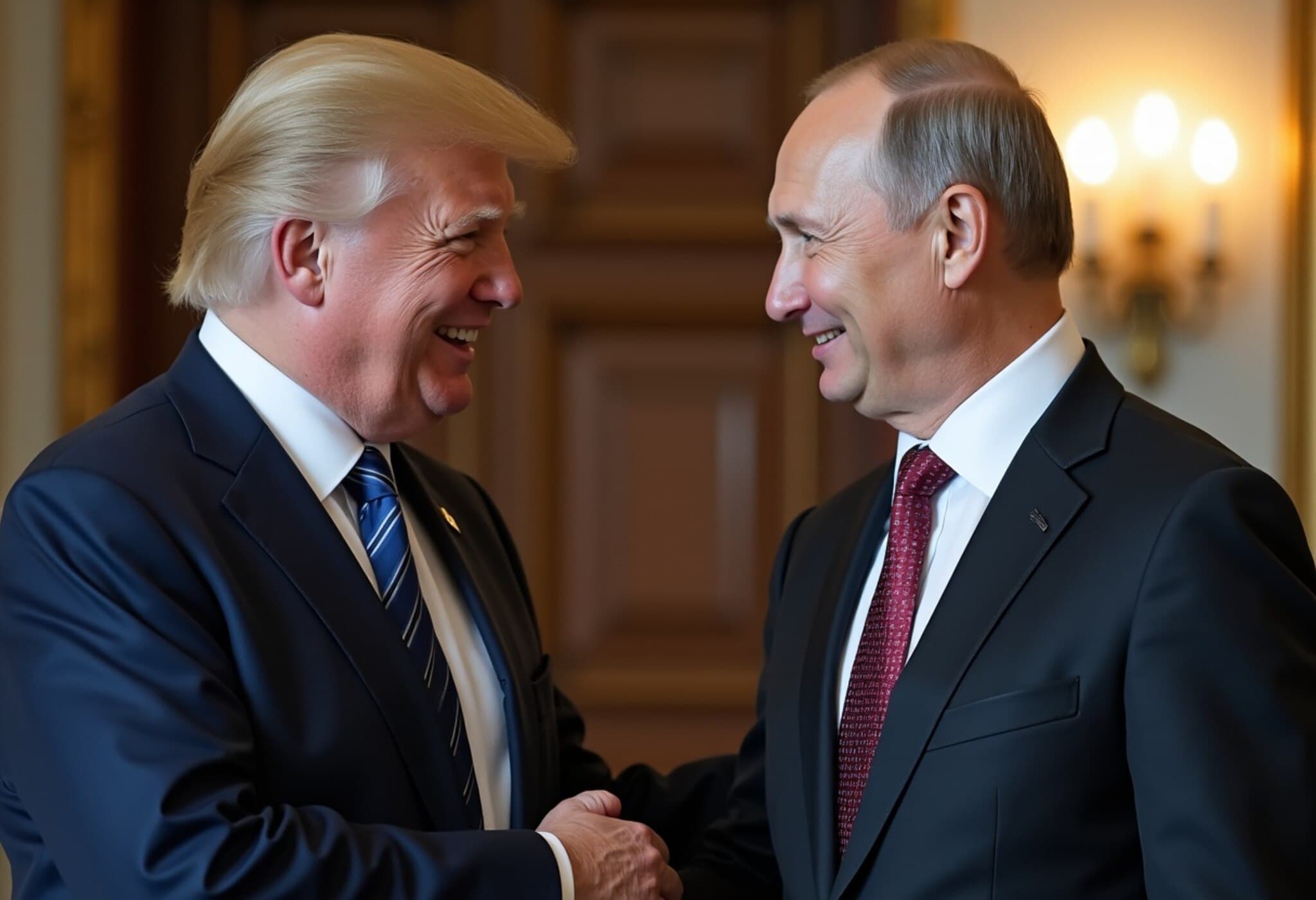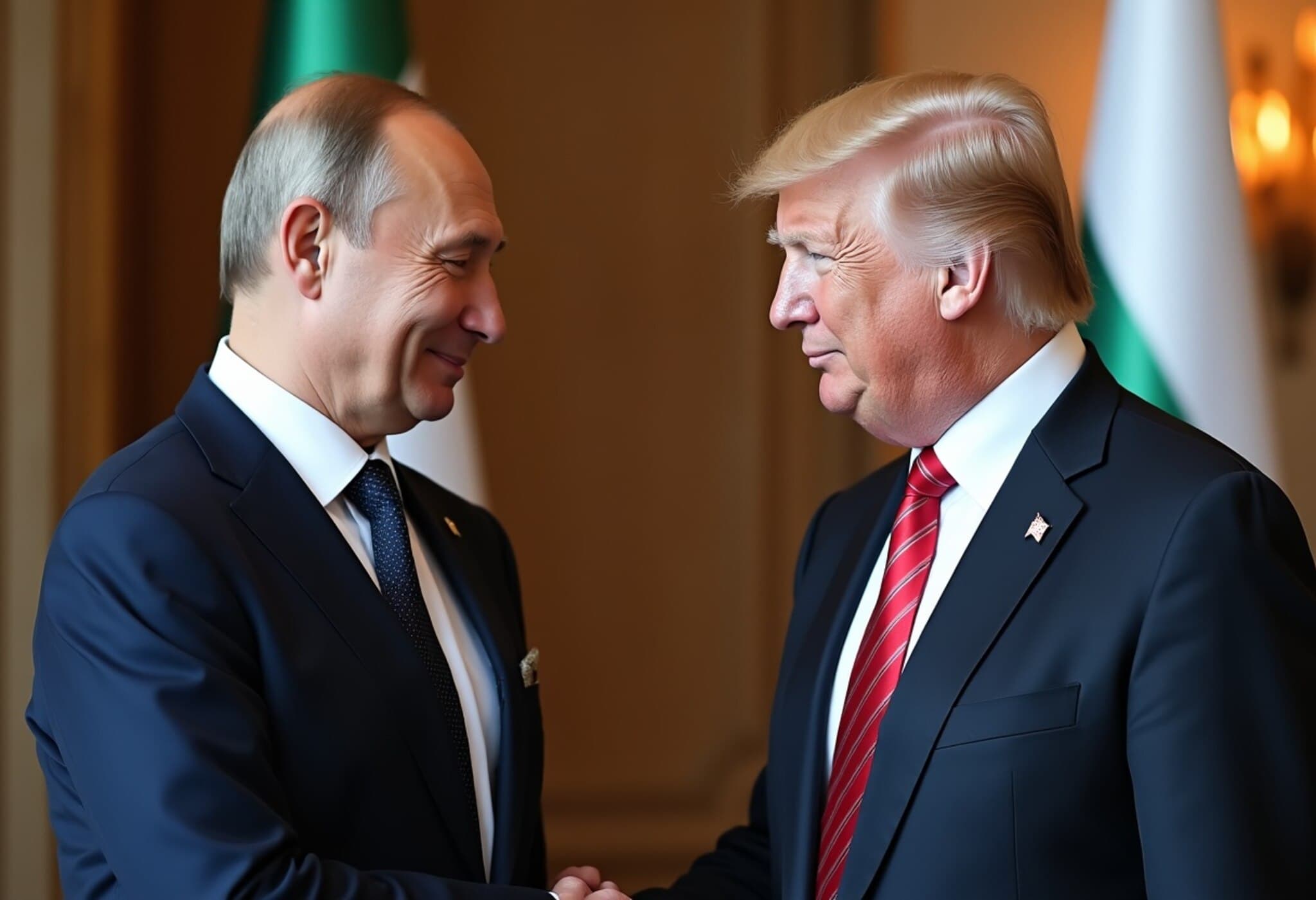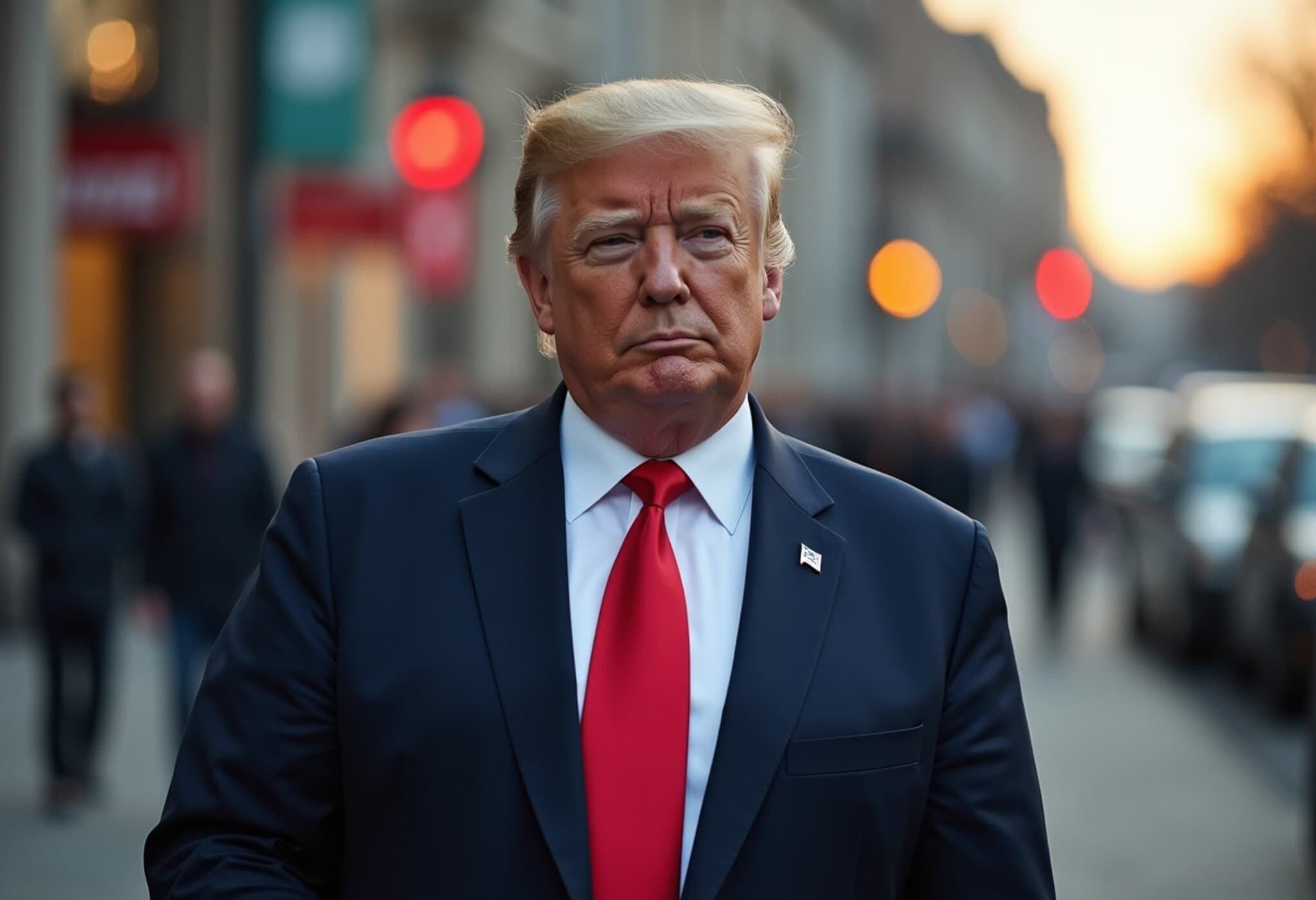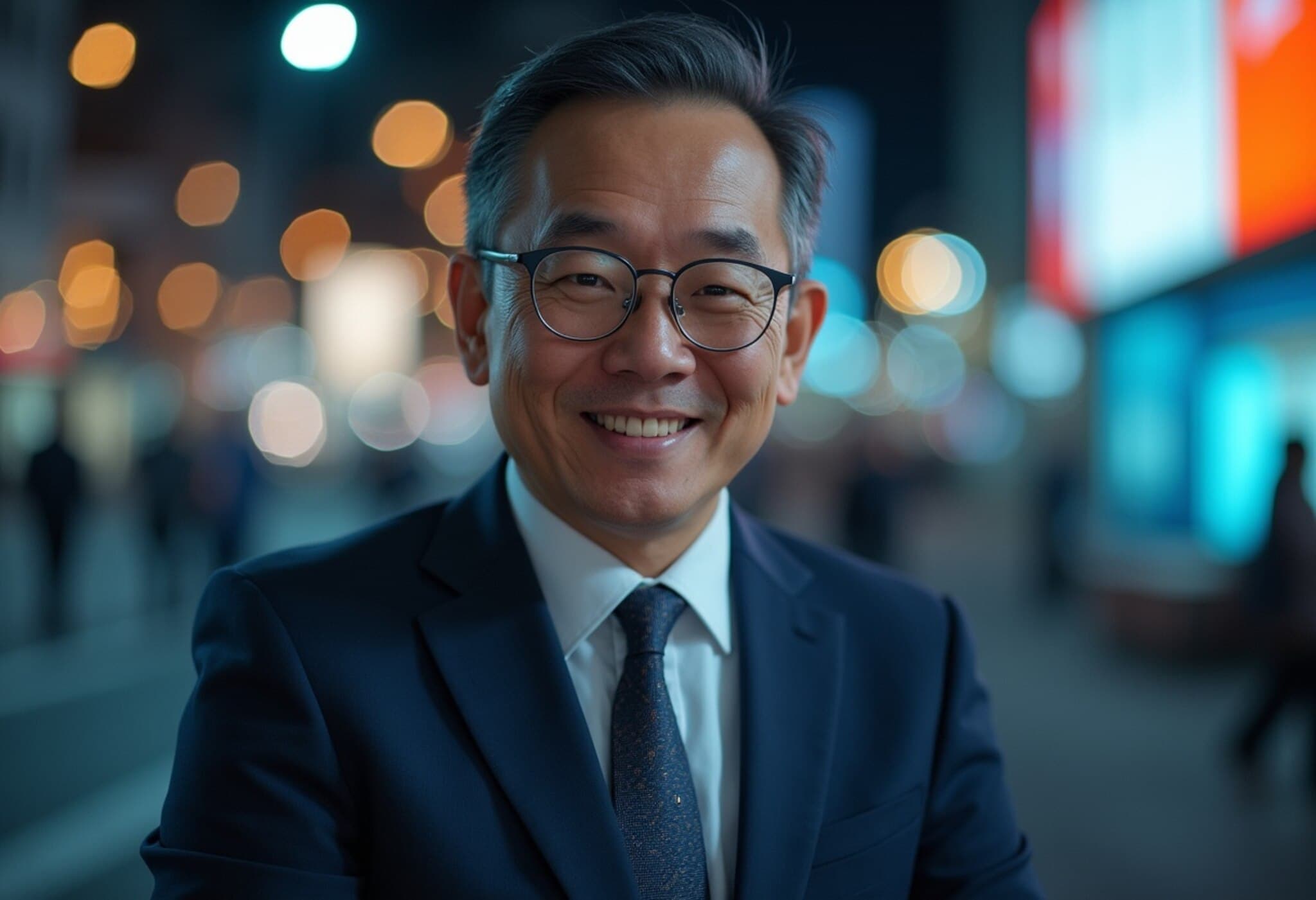Xi Jinping Encourages Diplomacy Between Russia and the United States
In a significant development underscoring the complex geopolitical dynamics of 2025, Chinese President Xi Jinping voiced support for enhanced dialogue between Russia and the United States. During a phone call with Russian President Vladimir Putin on August 8, 2025, Xi emphasized the importance of pursuing a political resolution to the ongoing conflict in Ukraine, reiterating China’s call for peace through negotiations rather than escalation.
Context: A Delicate Dance Amidst the Ukraine War
The phone conversation, initiated at Putin's request, took place against a backdrop of renewed diplomatic efforts aimed at de-escalating the war in Ukraine—now in its fourth year. The prospect of a high-stakes summit between Putin and U.S. President Donald Trump has been gaining traction, with China emerging as a potential host for this pivotal meeting.
Xi expressed optimism that improved Russia-US engagement could open pathways toward a peaceful settlement. He remarked, according to state-run Xinhua News Agency, that "China is glad to see Russia and the United States maintain contact, improve their relations, and promote a political settlement of the Ukraine crisis.”
China’s Neutral Yet Nuanced Position
Although officially maintaining a neutral stance in the conflict, Beijing’s posture reveals subtle complexities. China has consistently avoided condemning Russia’s 2022 invasion of Ukraine, nor has it called for a Russian troop withdrawal. Simultaneously, China accuses Western nations of exacerbating the conflict through arms shipments to Kyiv.
During their call, Xi underscored that "complex issues have no simple solutions," highlighting Beijing’s commitment to fostering dialogue and peaceful resolutions. This balancing act reflects China's broader strategic ambitions: positioning itself as a global mediator while preserving strong ties with Moscow.
Putin’s Upcoming Visit to China and Strategic Alliances
President Putin is scheduled to visit Beijing in late August to attend the Shanghai Cooperation Organization (SCO) summit and commemorate the 80th anniversary of the end of World War II. The visit offers a prime opportunity for face-to-face talks with Xi, further cementing Moscow-Beijing cooperation.
Over the past two years, Sino-Russian relations have intensified across multiple fronts, including energy deals and defense cooperation. These strengthened ties come at a time when Western sanctions and geopolitical pressures have increasingly pushed Russia and China closer.
The Potential Putin-Trump Summit: What’s at Stake?
The possibility of a Putin-Trump meeting, potentially hosted on Chinese soil, represents a rare chance for direct dialogue between two of the conflict’s key actors. Although the exact date and venue remain unconfirmed, Kremlin officials have neither ruled out nor confirmed such a summit, feeding international speculation.
- Why this matters: Any progress here could shift the trajectory of the Ukraine conflict and recalibrate global power balances.
- Challenges: Deep-seated mistrust, unresolved territorial issues, and domestic political pressures in all involved countries complicate negotiations.
- China’s role: Acting as a potential mediator enhances Beijing’s global diplomatic clout but risks accusations of partiality.
Expert Insight: The Stakes of Renewed Engagement
From a U.S. policy perspective, engagement with Russia involving China as a host signals a pragmatic shift, counterbalancing years of heightened tensions and sanctions. For Russia, it offers a critical avenue to break international isolation. For China, the delicate calibration between supporting Russia and advocating peace is a geopolitical tightrope walk.
Professor Linda Chen, an expert in International Relations at Georgetown University, notes: "China is trying to project itself as a responsible power advocating stability, but the longstanding geopolitical chessboard means every move is weighted with strategic calculations. The upcoming summit, if it happens, could either be a watershed moment for peace or a symbolic gesture without substantive outcomes."
Looking Ahead: What to Watch
- The details and outcomes of Putin’s Beijing visit, particularly any joint statements or agreements.
- Confirmation and substance of the potential Putin-Trump summit, including agenda and mediation roles.
- Reactions from Western governments and Kyiv, assessing their views on renewed Russia-US talks framed by Beijing.
- China’s evolving diplomatic narrative about neutrality versus partnership with Russia.
Editor's Note
As global powers wrestle with the Ukraine crisis’s enduring complexities, China’s dual role as a mediator and close Moscow ally sparks critical questions: Can Beijing genuinely facilitate peace without compromising its relationships? Will renewed Russia-US dialogues lead to tangible conflict resolution or merely diplomatic theater? As these high-level talks unfold, the world watches cautiously, hopeful yet aware of the intricate geopolitical stakes involved.
Stay tuned for updates on this evolving story that sits at the crossroads of diplomacy, strategic interests, and the quest for peace.

